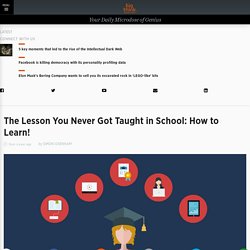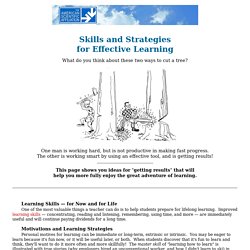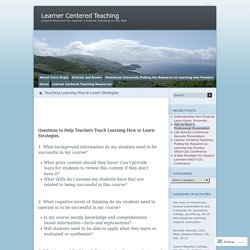

This week in class I’m going to start taking photos (and have students taking photos) using iPhone apps that let you provide an accompanying audio commentary.

The best app for this kind of excellent speaking practice exercise is Fotobabble. The web version is already on The Best Sites To Practice Speaking English list, and I’m adding the phone app there, too. You take a photo, provide an up-to-one minute commentary, and then can share it several ways. You can email it to yourself, too, where you are provided a link to it on the Fotobabble site. You’re given the opportunity to re-record if you don’t like how it sounds on the first try, and you can make other changes to it, too. Another option, which was launched this week at the SXSW conference in Austin this week, is an app called Picle. I’d definitely vote for Fotobabble. In addition to adding both to “The Best…” speaking list, I’m adding them to The Best Sites For Beginning iPhone Users Like Me.
Related October 19, 2012 I Like Fotobabble. Comment les facteurs affectifs influencent-ils l'apprentissage d'une langue étrangère ? The Lesson You Never Got Taught in School: How to Learn! A paper published in Psychological Science in the Public Interest evaluated ten techniques for improving learning, ranging from mnemonics to highlighting and came to some surprising conclusions.

The report is quite a heavy document so I’ve summarised the techniques below based on the conclusions of the report regarding effectiveness of each technique. Be aware that everyone thinks they have their own style of learning (they don't, according to the latest research), and the evidence suggests that just because a technique works or does not work for other people does not necessarily mean it will or won’t work well for you. If you want to know how to revise or learn most effectively you will still want to experiment on yourself a little with each technique before writing any of them off. Elaborative Interrogation (Rating = moderate) A method involving creating explanations for why stated facts are true. An example of elaborative interrogation for the above paragraph could be: Reference: Effective Learning Skills & Strategies - Study Skills & More.
What do you think about these two ways to cut a tree?

One man is working hard, but is not productive in making fast progress. The other is working smart by using an effective tool, and is getting results! This page shows you ideas for "getting results" that will help you more fully enjoy the great adventure of learning. One of the most valuable things a teacher can do is to help students prepare for lifelong learning. Improved learning skills — concentrating, reading and listening, remembering, using time, and more — are immediately useful and will continue paying dividends for a long time. Motivations and Learning Strategies Personal motives for learning can be immediate or long-term, extrinsic or intrinsic. Study Skills & Thinking Skills for Effective Learning Because learning and thinking are closely related, modern theories of learning (constructivism,...) emphasize the importance of THINKING when we learn.
There is an abundance of resources on the web. Search the Website. Teaching Learning How to Learn Strategies. Questions to Help Teachers Teach Learning How to Learn Strategies. 1.

What background information do my students need to be successful in my course? What prior content should they have? Can I provide ways for students to review this content if they don’t have it? What skills do I assume my students have that are related to being successful in this course? 2. Is my course mostly knowledge and comprehension based information—facts and explanations? 3. Do they need to solve problems? 4. Do they need to know how to use Internet search engines? 5. What areas of my course are usually really difficult for students? 6. Do I give objective tests? 7. Do they need to be good note-takers? Learning How to Learn includes all of the following areas. 1. 2. 3. 4. 5. 6. Ways of organizing information may include: